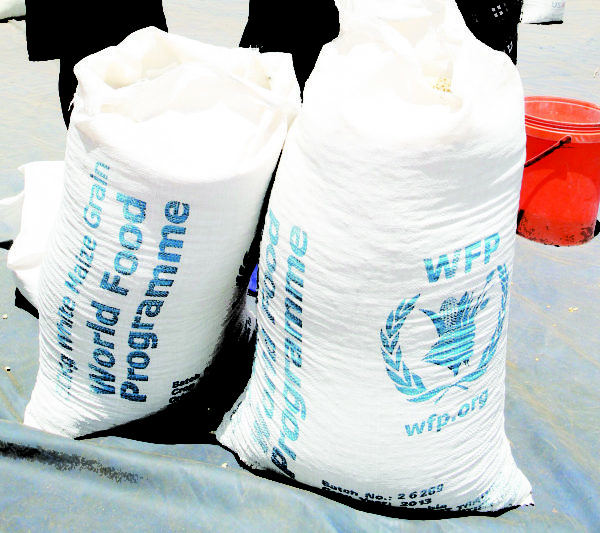
BY TATIRA ZWINOIRA
THE World Food Programme (WFP) has disclosed that three quarters of urban workers have lost their jobs in Zimbabwe due to the deteriorating economic situation and the COVID-19-induced restrictions which have forced most companies to scale down operations.
In a country update released on September 14, WFP said: “Prior to the onset of COVID-19, Zimbabwe was already suffering from a dire economic crisis characterised by high rates of inflation and rising food costs.
“As of 30 March 2020, when the government of Zimbabwe declared a national lockdown to curb the spread of the coronavirus, millions of people, particularly in urban domains, lost their primary source of income from informal livelihoods. Almost three quarters of the country’s urban workforce, primarily made up of female traders, remains jobless.”
To make matters worse, government continues to offer insignificant safety nets to vulnerable communities, labour activists have noted.
“It (urban joblessness) can even be more than that if we consider that even those with work are severely under-employed. The government neglected to take care of the informal economy which contributes 60,6% of the economic activities. In addition 76% of jobs in this country are informal,” said Zimbabwe Confederation of Trade Unions president Peter Mutasa.
“Thus, the closure of the economy without care about the many workers in the informal economy destroyed livelihoods. Even many other formal economy businesses like transport, hospitality, and others also closed and terminated contracts of employment for many workers.”
He added that as a result of the joblessness, many families were starving in their homes.
- Chamisa under fire over US$120K donation
- Mavhunga puts DeMbare into Chibuku quarterfinals
- Pension funds bet on Cabora Bassa oilfields
- Councils defy govt fire tender directive
Keep Reading
“The situation is dire with many children sleeping hungry. Majority of informal economy workers and retrenched formal economy workers have resorted to breaking the regulations and trade whenever they can to avoid starvation,” Mutasa said.
“Our situation is a serious humanitarian crisis requiring urgent emergency food assistance.”
Employers Confederation of Zimbabwe president Israel Murefu told NewsDay Business that the situation was the same in the formal sector.
“Our observation is that there were significant job losses arising from COVID-19-related disruptions to business and the attendant lockdowns which had the effect of reducing capacity utilisation in many if not all businesses,” Murefu said.
“Our estimate is that employment numbers in the national economy fell by about 20% to 30%, especially among fixed-term contract employees where redundancy or retrenchment procedures are not cumbersome on employers. From this perspective, yes we could say joblessness has exacerbated in the formal sector.”











